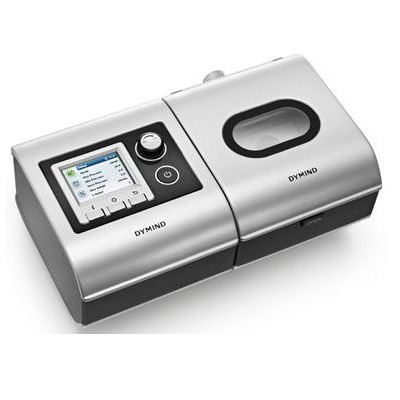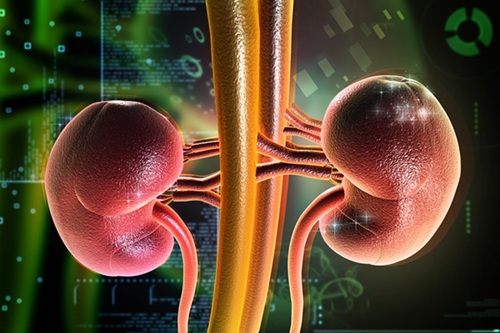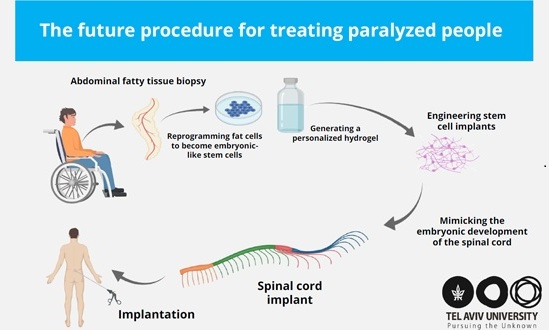Hackers Successfully Breach UCLA Health System
|
By HospiMedica International staff writers Posted on 03 Aug 2015 |
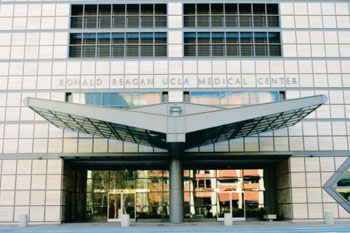
Image: The Ronald Reagan UCLA Medical Center (Photo courtesy of UCLA Health).
UCLA Health (Los Angeles, CA, USA) admitted on July 17, 2015, that it has been hit by a cyber-attack, with hackers successfully accessing parts of the computer network that include personal and medical information.
UCLA Health first found evidence of suspicious activity in its network in October 2014; in May 2015, the hospital system determined the attackers accessed parts of its network that contained personal patient information, including names, addresses, birth dates, medical record numbers, social security number (SSN), Medicare or health plan ID numbers, with some of the information dating to 1990. UCLA Health said it currently has no evidence whether the cyber attacker actually acquired any personal or medical information of the 4.5 million individuals in the database.
While credit card and other financial information did not seem to be involved, UCLA is offering a year as of credit monitoring to people who had their SSN or Medicare ID numbers stored on the compromised network, and are working with investigators from the Federal Bureau of Investigation (FBI; Washington DC, USA) to solve the issue. To date, the UCLA breach is tied for the fourth largest breach ever reported, according to data from the US Department of Health and Human Services (HHS; Washington DC, USA).
“Our patients come first at UCLA Health and confidentiality is a critical part of our commitment to care. We sincerely regret any impact this incident may have on those we serve. We have taken significant steps to further protect data and strengthen our network against another cyber-attack,” said James Atkinson, MD, president of UCLA Hospital System.
UCLA Health operates four hospitals on two campuses, including the Ronald Reagan UCLA Medical Center, the UCLA Medical Center of Santa Monica, the Mattel Children's Hospital UCLA, and the Resnick Neuropsychiatric Hospital at UCLA. It also has 150 primary and specialty offices throughout southern California.
Related Links:
UCLA Health
Federal Bureau of Investigation
UCLA Health first found evidence of suspicious activity in its network in October 2014; in May 2015, the hospital system determined the attackers accessed parts of its network that contained personal patient information, including names, addresses, birth dates, medical record numbers, social security number (SSN), Medicare or health plan ID numbers, with some of the information dating to 1990. UCLA Health said it currently has no evidence whether the cyber attacker actually acquired any personal or medical information of the 4.5 million individuals in the database.
While credit card and other financial information did not seem to be involved, UCLA is offering a year as of credit monitoring to people who had their SSN or Medicare ID numbers stored on the compromised network, and are working with investigators from the Federal Bureau of Investigation (FBI; Washington DC, USA) to solve the issue. To date, the UCLA breach is tied for the fourth largest breach ever reported, according to data from the US Department of Health and Human Services (HHS; Washington DC, USA).
“Our patients come first at UCLA Health and confidentiality is a critical part of our commitment to care. We sincerely regret any impact this incident may have on those we serve. We have taken significant steps to further protect data and strengthen our network against another cyber-attack,” said James Atkinson, MD, president of UCLA Hospital System.
UCLA Health operates four hospitals on two campuses, including the Ronald Reagan UCLA Medical Center, the UCLA Medical Center of Santa Monica, the Mattel Children's Hospital UCLA, and the Resnick Neuropsychiatric Hospital at UCLA. It also has 150 primary and specialty offices throughout southern California.
Related Links:
UCLA Health
Federal Bureau of Investigation
Latest Health IT News
Channels
Critical Care
view channel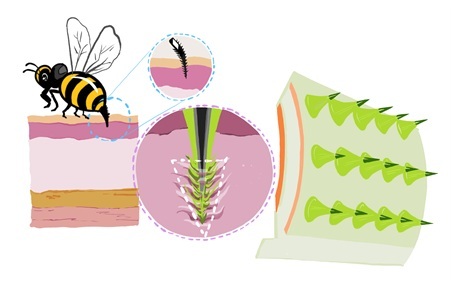
Bee-Sting Inspired Wearable Microneedles to Revolutionize Drug Delivery
Neurological diseases affect millions of people worldwide, creating a pressing demand for long-term treatments that are both effective and patient-friendly. Conventional injections, while reliable, are... Read more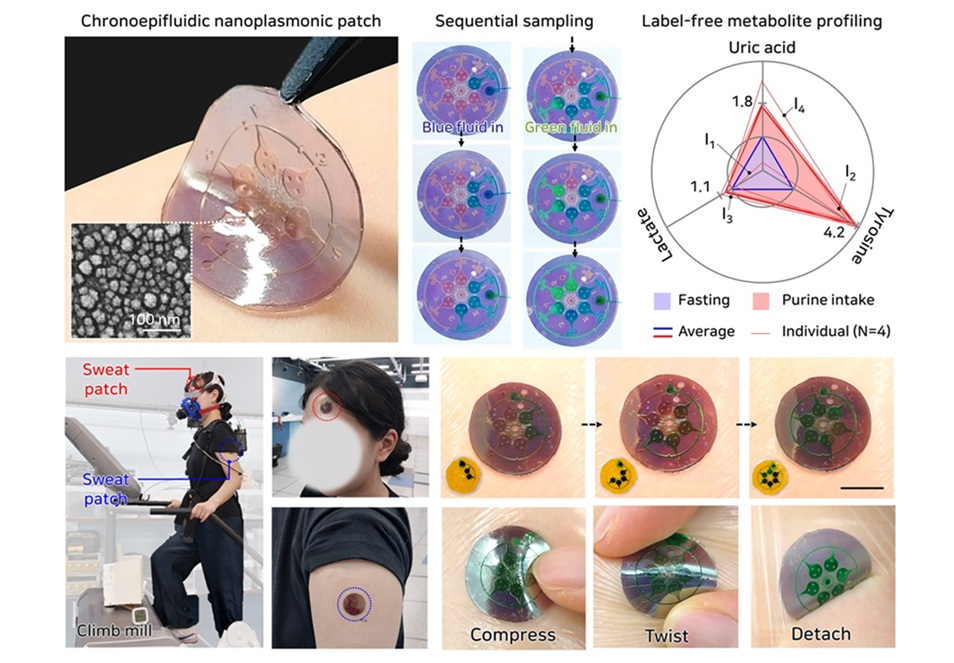
Wearable Smart Patch Runs Tests Using Sweat Instead of Blood
Blood sampling has long been the standard for monitoring internal health, but it is invasive, costly, and unsuitable for continuous tracking. Sweat, by contrast, is non-invasive and abundant, but conventional... Read moreSurgical Techniques
view channel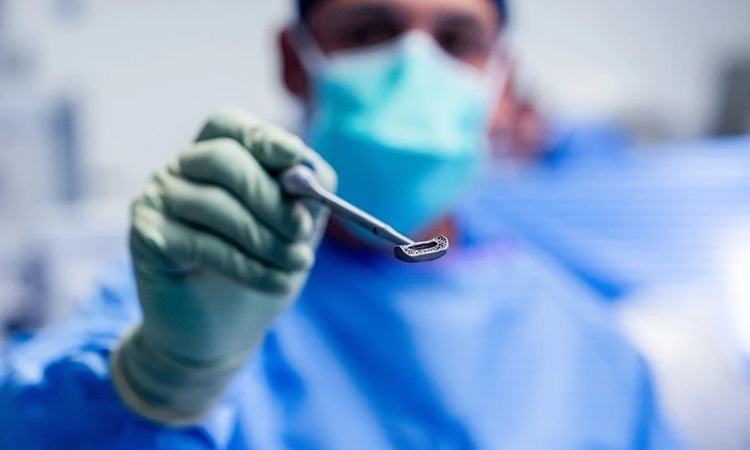
World’s First Custom Anterior Cervical Spine Surgery Performed Using Personalized Implant
Anterior cervical fusion has been performed since the 1950s and is one of the most common spine procedures. Traditional implants are designed as one-size-fits-all, which can affect spinal alignment, healing,... Read more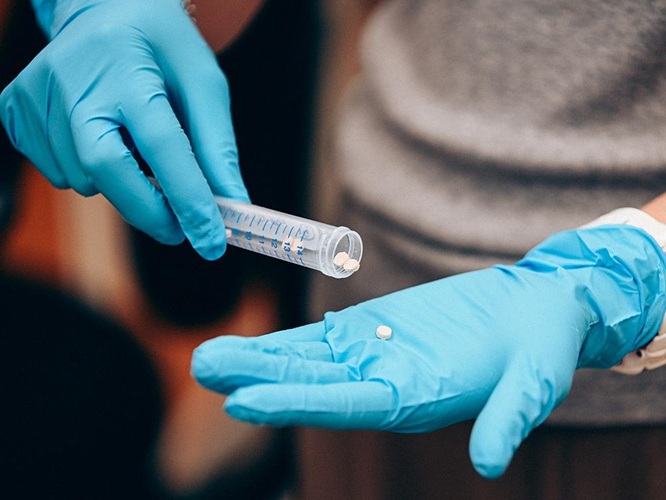
Implantable Biodegradable Scaffold Helps Broken Bones Regrow Quickly
For most broken bones, natural healing occurs while the patient wears a cast or brace. However, severe or complex fractures often require surgical intervention with grafts, scaffolds, or metal fixation... Read morePatient Care
view channel
Revolutionary Automatic IV-Line Flushing Device to Enhance Infusion Care
More than 80% of in-hospital patients receive intravenous (IV) therapy. Every dose of IV medicine delivered in a small volume (<250 mL) infusion bag should be followed by subsequent flushing to ensure... Read more
VR Training Tool Combats Contamination of Portable Medical Equipment
Healthcare-associated infections (HAIs) impact one in every 31 patients, cause nearly 100,000 deaths each year, and cost USD 28.4 billion in direct medical expenses. Notably, up to 75% of these infections... Read more
Portable Biosensor Platform to Reduce Hospital-Acquired Infections
Approximately 4 million patients in the European Union acquire healthcare-associated infections (HAIs) or nosocomial infections each year, with around 37,000 deaths directly resulting from these infections,... Read moreFirst-Of-Its-Kind Portable Germicidal Light Technology Disinfects High-Touch Clinical Surfaces in Seconds
Reducing healthcare-acquired infections (HAIs) remains a pressing issue within global healthcare systems. In the United States alone, 1.7 million patients contract HAIs annually, leading to approximately... Read moreBusiness
view channel
CMEF 2025 to Promote Holistic and High-Quality Development of Medical and Health Industry
The 92nd China International Medical Equipment Fair (CMEF 2025) Autumn Exhibition is scheduled to be held from September 26 to 29 at the China Import and Export Fair Complex (Canton Fair Complex) in Guangzhou.... Read more
Bayer and Broad Institute Extend Research Collaboration to Develop New Cardiovascular Therapies
A research collaboration will focus on the joint discovery of novel therapeutic approaches based on findings in human genomics research related to cardiovascular diseases. Bayer (Berlin, Germany) and... Read more




